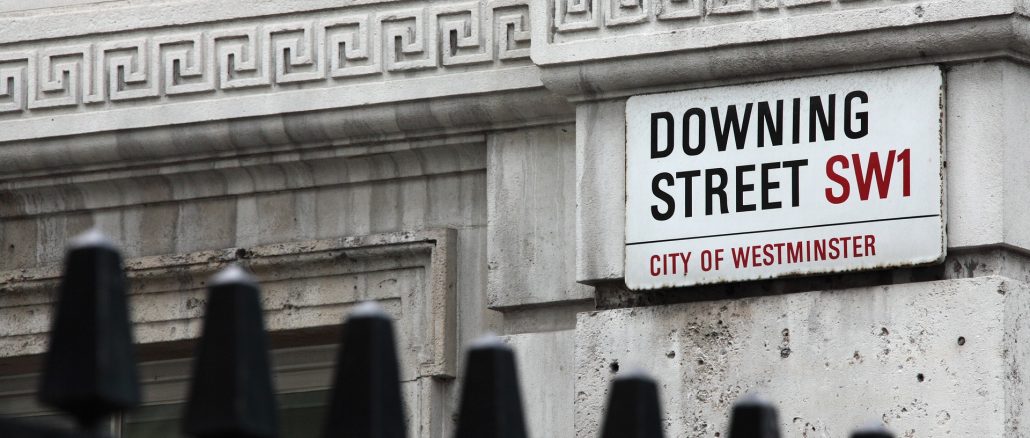
Rishi Sunak has replaced Liz Truss as the UK’s Prime Minister, ending the shortest tenure of a Prime Minister ever.
So many things went wrong for Liz Truss, from the moment she stepped into Number 10, to when she stepped to the lectern yesterday morning to give her farewell speech.
Truss’ claim to the top was the last duty that was fulfilled by the late Queen Elizabeth II, who died two days later. A complete halt to all things politics followed, with a new Prime Minister responsible to lead the nation in mourning the longest serving monarch in British history.
Once the period of mourning ended, politics got back up and running, and it was not peaceful for long when her Chancellor, Kwasi Kwarteng, announced a mini-budget full of tax cuts, tax rate abolitions, and abolitions of limits on bankers’ bonuses.
It also included the Energy Price Guarantee, which limited the amount of money households would spend on electricity and gas each year.
The one main problem was that there was no evidence on how this would be funded, sending markets into chaos. The British Pound sank to its lowest ever rate against the US Dollar, and pension funds became very close to being eaten up.
As a result, the Bank of England had to intervene to stabilise the markets, and give some form of confidence and calm.
However it clearly did not give any form of confidence, as Kwarteng was sacked a few weeks after, replaced by Jeremy Hunt, seen as a calming and unifying figure, as Tory MPs already began to see the end of the road for Truss.
Hunt scrapped most of the plans from the Budget, but while he chose to keep the Energy Price Guarantee, he decided it would only support households for six months rather than two years, to be reviewed in April.
He also kept the decision to scrap the national insurance rise, but even went against his own opinion and abandoned plans to not increase corporation tax, which Truss claimed would slow international investment.
An eight-minute press conference held by Liz Truss certainly did not make matters any better for her, answering barely any of journalists’ questions, and leaving more to speculate on than before.
Days later, Home Secretary Suella Braverman resigned after she broke ministerial code by sharing a document on a personal email. She was quickly replaced by Grant Shapps.
The following day, Truss did what everyone knew she inevitably would – and resigned.
From what had been a long and gruelling leadership election within the Conservative Party, which exposed bitter divisions, especially on a stage of six or seven contenders, you would think the chaos of politics would subside for a while to let a new Government take their place. That was not the case.
After 49 days, yesterday, Liz Truss departed Downing Street, and Rishi Sunak, who she defeated to become PM in the first place, took over.
This was following a blink-of-an-eye short leadership race, which saw only Sunak end up as a contender, despite a possible comeback by Boris Johnson, and a potential re-run of a Penny Mordaunt leadership campaign.
Throughout yesterday, Sunak, the UK’s first Hindu and British-Asian Prime Minister, began filling his Cabinet.
Jeremy Hunt remains as Chancellor; former Boris Johnson supporter Michael Gove returns as Levelling Up Secretary, a role he had under Johnson’s premiership; former leadership rivals Penny Mordaunt, Kemi Badenoch and Tom Tugendhat saw themselves getting positions; Suella Braverman got her Home Secretary job back despite her woes with a personal email; and Nadhim Zahawi, once a hopeful for Number 10, a one-day Chancellor and Vaccines Minister, is now Tory Party Chairman.
In his first address as PM, Sunak said that “mistakes were made” under his predecessor’s time in office, and said “difficult decisions” were down the line – let’s see if resigning after 45 days is one of them.
Matthew Joyce



